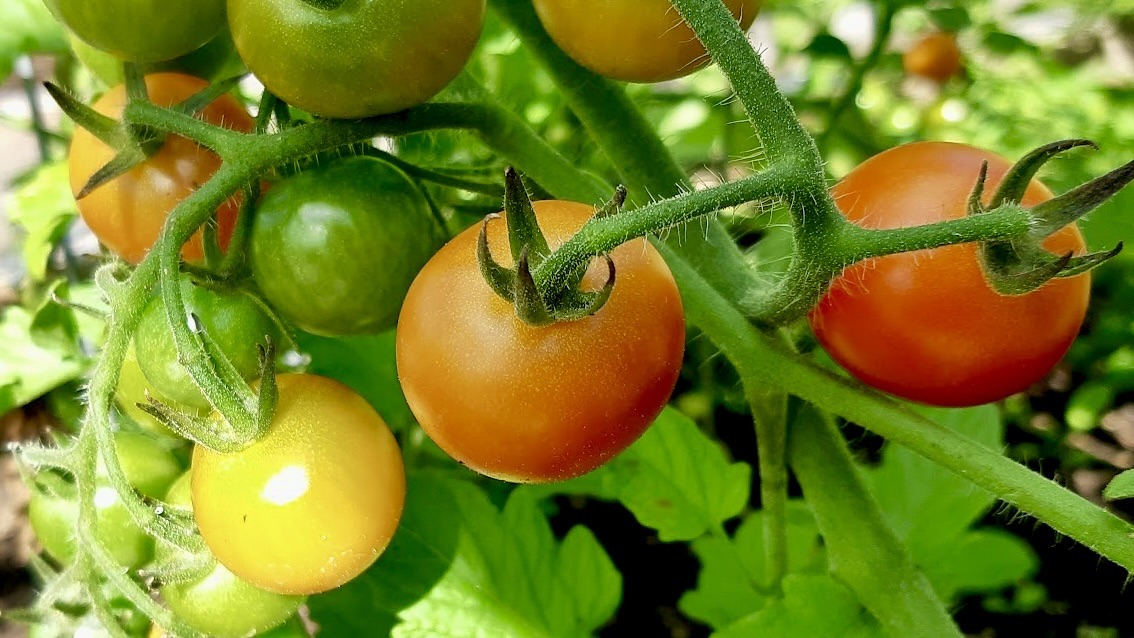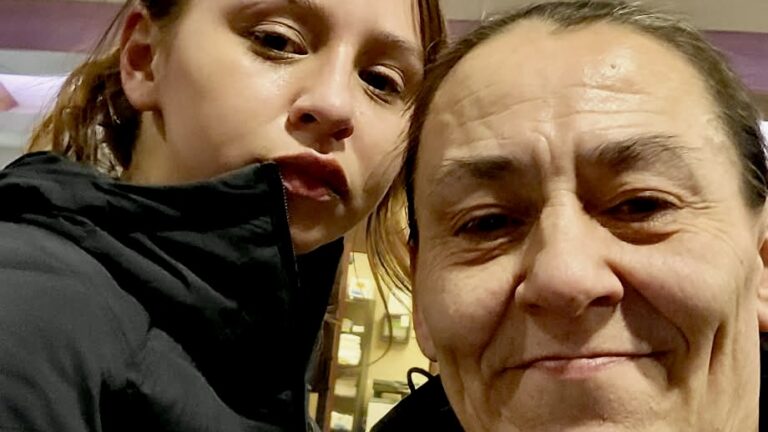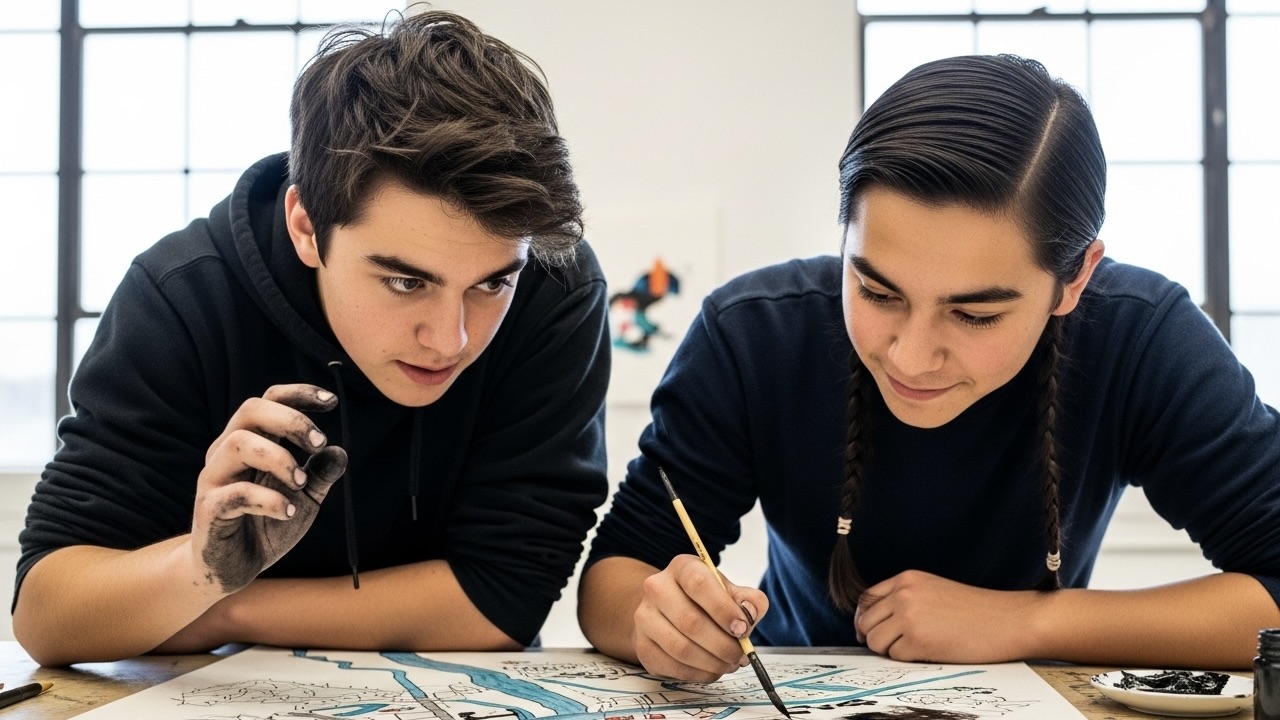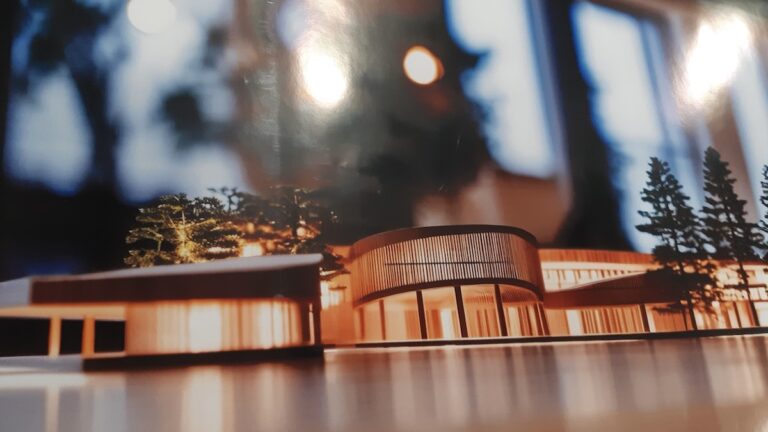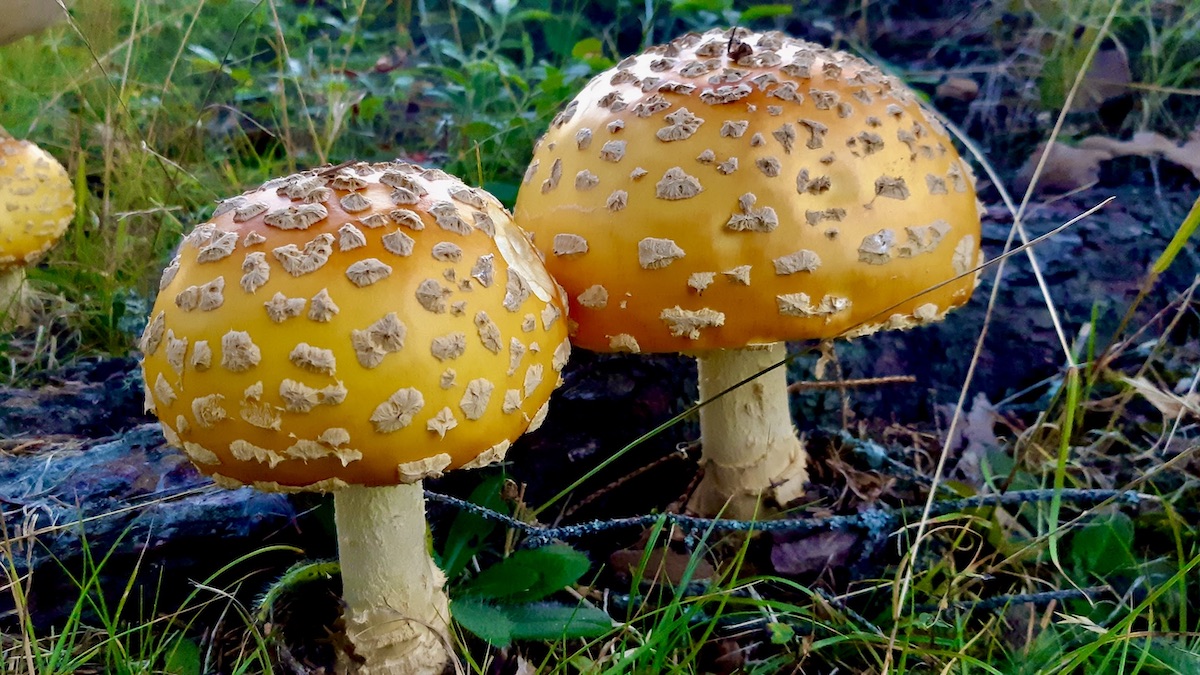
As we continue to build the framework for our summer arts residency, we’re putting a lot of thought into participatory elements for aspects like learning structure, making sure that mentorship and professional development for artists is at the heart of every experience.
This week, we’ve truly experienced the transformative power of participatory arts practices—where the line between artist and audience blurs, and everyone becomes part of the creative experience. Each week, we meet for three hours to shape and design our upcoming summer mentorship and arts residency program. We’ve been diving into the deep end of collaboration, seeing firsthand how art thrives when it is shaped by many voices. The process of engaging others in the creation of art, not just as spectators but as co-creators, has challenged us to rethink how we approach our projects. This week’s learnings are central to the summer residency we’re shaping, where we’ll empower emerging artists to engage their communities in the creative process. It’s about creating a space where everyone feels invited to contribute and participate in the ongoing conversation of the artwork.
One of the exciting activities this past week was connecting with our collaborators at the Minneapolis College of Art and Design and Global Dignity Canada, who have been incredible supporters for the last several years. We’ve been able to learn from them since our first pilot project started in 2021-2022 with the Canada Council for the Arts Digital Greenhouse pilot program. One of our main project activities is supporting events and activities for National Kindness Week, which takes place in the third week of February each year. A big thanks to Olaf Kuhlke and Kami Norland from MCAD and Angella Goran from Global Dignity Canada for meeting with us.
We also decided that instead of buying easels for our next exhibition, we would look at making them. We have lots of wood and left-over materials from past projects, and so this month we are going to explore how we can make our own! We often work a lot on digital arts activities, and this is a welcome shift where we will learn to use saws, drills and power tools.
Through collaboration and shared creation, we’re beginning to understand how our projects can evolve in unexpected ways when we open them up to others. It’s this idea of co-creation that is guiding our vision for the residency program, where artists can experiment with their work in spaces that incubate collaboration and mutual influence. Using digital tools to enhance and expand these participatory practices, we’re able to create an experience where the boundaries of the work are fluid and flexible, constantly shifting based on interaction. This is a key skill we’re passing on to young artists—teaching them how to design work that invites interaction, not just passive observation.
As we continue to build the framework for our summer arts residency, we’re putting a lot of thought into participatory elements for aspects like learning structure, making sure that mentorship and professional development for artists is at the heart of every experience. Mentorship this week has been about learning from each other—growing through shared knowledge, skills, and inspiration. We’re also experimenting with how to mentor emerging artists, especially youth leaders, in ways that encourage them to think beyond the traditional artist-audience dynamic. It’s about helping them see how they can influence and shape their communities through their art, not just create for them. This process is teaching us all how to be better leaders, collaborators, and mentors, pushing us to constantly learn and evolve.
The need for strong mentorship and internships in the arts has never been clearer. With many organizations facing capacity challenges, we’re focused on creating new pipelines for leadership. Offering real-world opportunities for young artists to step into roles that increasingly cultivate their independence and growth, we’re developing their creative skills while ensuring they have the tools to become the mentors and leaders of tomorrow. This process is integral to building a sustainable future for the arts—one where emerging voices are empowered to shape the landscape in meaningful ways.
Thanks for a great week! Special thanks to Olaf Kuhlke and Kami Norland from the Minneapolis College of Art and Design and Tony Eetak from Art Borups Corners for great discussions and ideas. We met each week for two hours to plan and shape our summer residency program and all are welcome to join in. Contact us at info@artsincubator.ca for more information.
About Our Winter 2025 Program
Our Winter 2025 program in Winnipeg, Manitoba, is centered around mentorship, internships, and hands-on learning in digital storytelling, creative entrepreneurship, and leadership in the arts. We meet in person and virtually each week. This year, we’re using the program as a launchpad for developing the next iteration of our summer arts residency program, focused on providing emerging artists with practical, real-world experience. Through our program, we’re cultivating spaces where participants can sharpen their digital skills, better understand organizational capacity building for the arts sector, and learn how to lead their own creative projects. Supported by the OpenAI Researcher Access Program and the Manitoba Arts Council, this year’s program offers tailored mentorship opportunities, fostering an environment of collaboration and growth that will shape the future of creative leadership.

